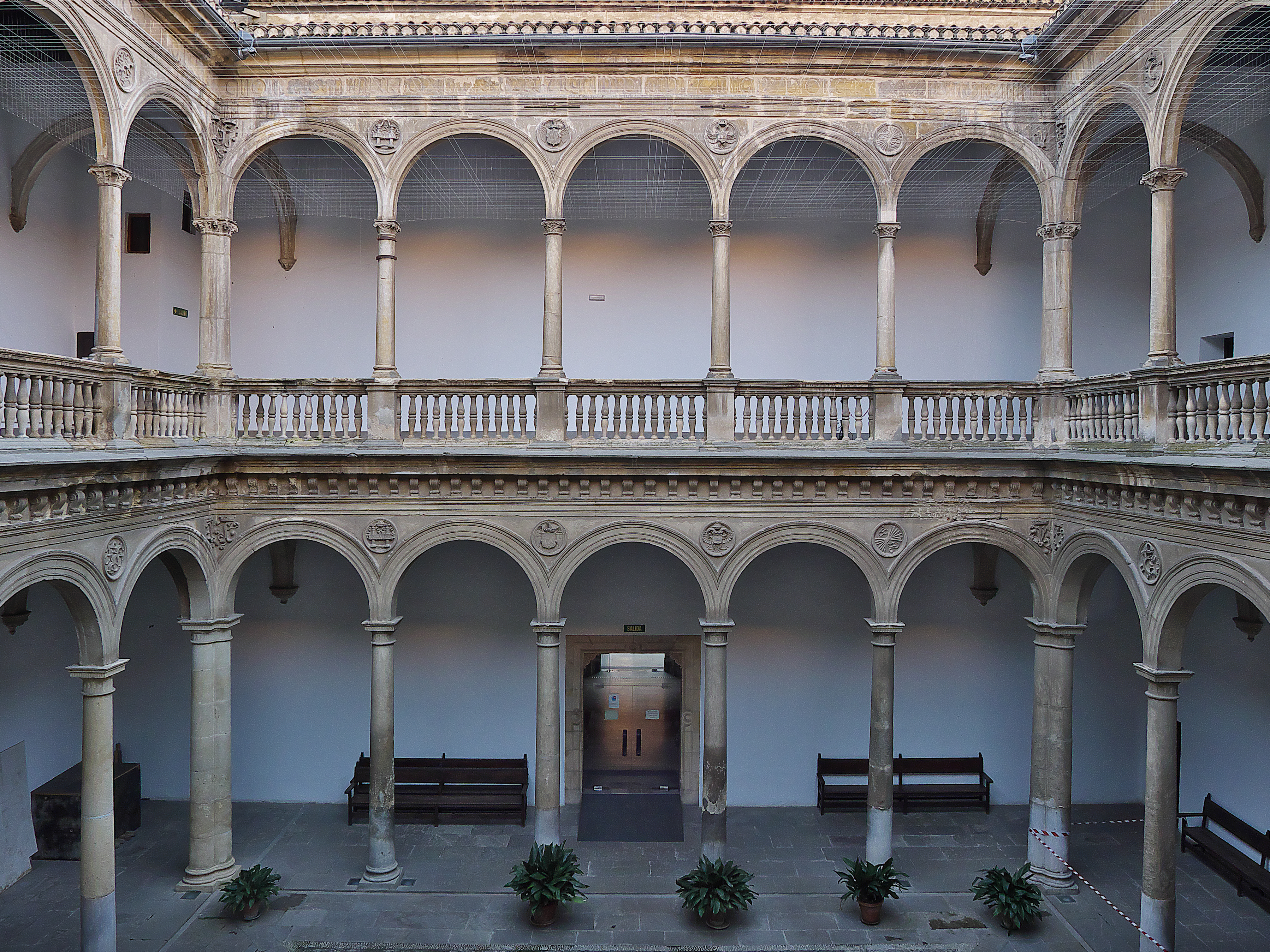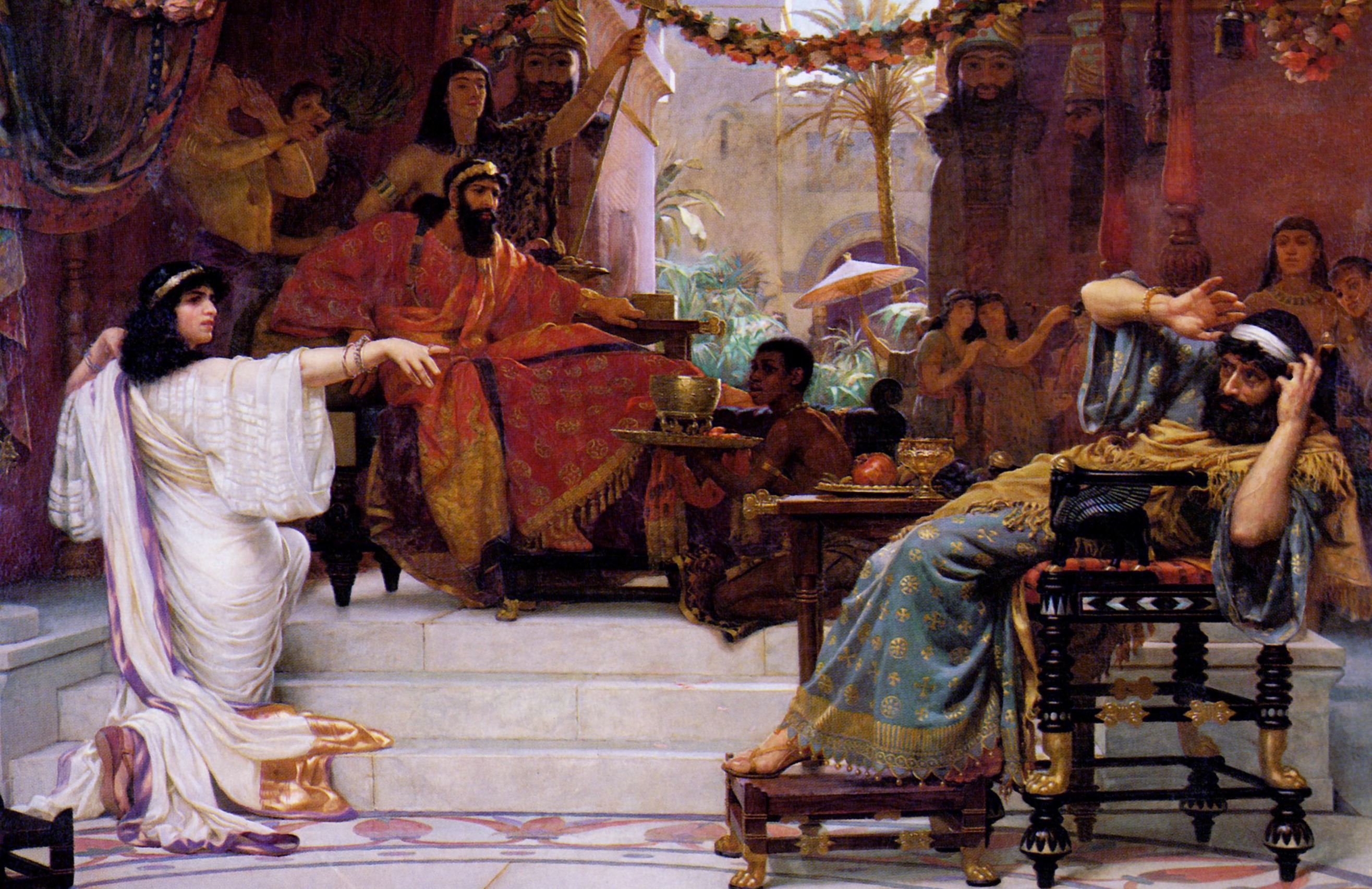|
María José Frápolli
María José Frápolli Sanz (Madrid, February 4, 1960) is a Spanish philosopher. As of 2022, she is professor of Logic and Philosophy of Science at the University of Granada. Her work is focused on the philosophy of language and the philosophy of logic. Education and career The second of five sisters, María José Frápolli was born in Madrid on February 4, 1960. Her undergraduate work was at the University of Granada where she specialized in philosophy. Frápolli went on to defend a doctorate at the University of Granada in 1987 with a thesis entitled ''La matematización del infinito. La emergencia de la teoría de conjuntos en la obra de G. Cantor''. In 1992, she obtained a tenure-track faculty position, and she was promoted to professor in 2008. From 1998 until 2001, she was the head of the philosophy department at the University of Granada. Between 2006 and 2012 she was president of the Spanish Society for Logic, Methodology and Philosophy of Science. From 2015 to 2017, sh ... [...More Info...] [...Related Items...] OR: [Wikipedia] [Google] [Baidu] |
Madrid
Madrid ( ; ) is the capital and List of largest cities in Spain, most populous municipality of Spain. It has almost 3.5 million inhabitants and a Madrid metropolitan area, metropolitan area population of approximately 7 million. It is the Largest cities of the European Union by population within city limits, second-largest city in the European Union (EU), and its wikt:monocentric, monocentric Madrid metropolitan area, metropolitan area is the List of metropolitan areas in Europe by population, second-largest in the EU.United Nations Department of Economic and Social AffairWorld Urbanization Prospects (2007 revision), (United Nations, 2008), Table A.12. Data for 2007. The municipality covers geographical area. Madrid lies on the Manzanares (river), River Manzanares in the central part of the Iberian Peninsula at about above mean sea level. The capital city of both Spain and the surrounding Community of Madrid, autonomous community of Madrid (since 1983), it is also th ... [...More Info...] [...Related Items...] OR: [Wikipedia] [Google] [Baidu] |
Spain
Spain, or the Kingdom of Spain, is a country in Southern Europe, Southern and Western Europe with territories in North Africa. Featuring the Punta de Tarifa, southernmost point of continental Europe, it is the largest country in Southern Europe and the fourth-most populous European Union member state. Spanning across the majority of the Iberian Peninsula, its territory also includes the Canary Islands, in the Eastern Atlantic Ocean, the Balearic Islands, in the Western Mediterranean Sea, and the Autonomous communities of Spain#Autonomous cities, autonomous cities of Ceuta and Melilla, in mainland Africa. Peninsular Spain is bordered to the north by France, Andorra, and the Bay of Biscay; to the east and south by the Mediterranean Sea and Gibraltar; and to the west by Portugal and the Atlantic Ocean. Spain's capital and List of largest cities in Spain, largest city is Madrid, and other major List of metropolitan areas in Spain, urban areas include Barcelona, Valencia, Seville, ... [...More Info...] [...Related Items...] OR: [Wikipedia] [Google] [Baidu] |
University Of Granada
The University of Granada (, UGR) is a public university located in the city of Granada, Spain, and founded in 1531 by Emperor Charles V. With more than 60,000 students, it is the fourth largest university in Spain. Apart from the city of Granada, UGR also has campuses in Ceuta and Melilla. The university's Center for Modern Languages (CLM) receives over 10,000 international students each year. In 2014, UGR was voted the best Spanish university by international students. Outstanding in varied fields from Classics to Modern Languages and Computer Science, it has been recognised as the second best university in Spain and as one of the most important among European ancient universities. History In 1526 a college was founded in Granada by Holy Roman Emperor Charles V for the teaching of logic, philosophy, theology and canon law. On 14 July 1531, the establishment of a '' studium generale'' with the faculties of theology, arts and canon law was granted by a papal bull by Cleme ... [...More Info...] [...Related Items...] OR: [Wikipedia] [Google] [Baidu] |
Esther Romero (philosopher)
Esther (; ), originally Hadassah (; ), is the eponymous heroine of the Book of Esther in the Hebrew Bible. According to the biblical narrative, which is set in the Achaemenid Empire, the Persian king Ahasuerus falls in love with Esther and marries her. His grand vizier Haman is offended by Esther's cousin and guardian Mordecai because of his refusal to bow before him; bowing in front of another person was a prominent gesture of respect in Persian society, but deemed unacceptable by Mordecai, who believes that a Jew should only express submissiveness to God. Consequently, Haman plots to have all of Persia's Jews killed, and eventually convinces Ahasuerus to permit him to do so. However, Esther foils the plan by revealing and decrying Haman's plans to Ahasuerus, who then has Haman executed and grants permission to the Jews to take up arms against their enemies; Esther is hailed for her courage and for working to save the Jewish nation from eradication. The Book of Esther's story ... [...More Info...] [...Related Items...] OR: [Wikipedia] [Google] [Baidu] |
Theoria (philosophy Journal)
''Theoria: A Swedish Journal of Philosophy and Psychology'' is a peer-reviewed academic journal publishing research in all areas of philosophy established in 1935 by Åke Petzäll ( sv). It is published quarterly by Wiley-Blackwell on behalf of Stiftelsen Theoria. The current editor-in-chief is Sven Ove Hansson. ''Theoria'' publishes articles, reviews, and shorter notes and discussions. Editors Notable articles Among the contributions to philosophy, logic, and mathematics first published in ''Theoria'' are: * Carl Gustav Hempel, Le problème de la vérité, ''Theoria'' 3, 1937, 206–244. ( Hempel's confirmation paradoxes) * Ernst Cassirer, Was ist "Subjektivismus"?, ''Theoria'' 5, 1939, 111–140. * Alf Ross, Imperatives and Logic, ''Theoria'' 7, 1941, 53–71. ( Ross' deontic paradox) * Georg Henrik von Wright, The Paradoxes of Confirmation, ''Theoria'' 31, 1965, 255–274. * Per Lindström, First Order Predicate Logic with Generalized Quantifiers, ''Theoria'' 32, 1966, ... [...More Info...] [...Related Items...] OR: [Wikipedia] [Google] [Baidu] |
Teorema (journal)
''Teorema'' is a triannual peer-reviewed academic journal of philosophy, published in Spain. History It was established in 1971 by Manuel Garrido (*1925-†(2015) and published without interruption until 1986. ''Teorema'' also organised a significant number of conferences and symposia, on a wide variety of topics. In December 1996, ''Teorema'' resumed publication. The current editor-in-chief is Luis M. Valdés-Villanueva (University of Oviedo). Scope ''Teorema'' publishes original articles in Spanish or in English in the following areas: logic, philosophy of language, philosophical logic, philosophy of mind, philosophy and history of science, epistemology, and related areas. The journal also regularly publishes special issues on specific themes and includes a supplement, ''limbo'', a bulletin covering studies on the Anglo-Spanish philosopher Jorge Santayana. Abstracting and indexing The journal is abstracted and indexed in the Arts and Humanities Citation Index, Latindex ... [...More Info...] [...Related Items...] OR: [Wikipedia] [Google] [Baidu] |
Living People
Purpose: Because living persons may suffer personal harm from inappropriate information, we should watch their articles carefully. By adding an article to this category, it marks them with a notice about sources whenever someone tries to edit them, to remind them of WP:BLP (biographies of living persons) policy that these articles must maintain a neutral point of view, maintain factual accuracy, and be properly sourced. Recent changes to these articles are listed on Special:RecentChangesLinked/Living people. Organization: This category should not be sub-categorized. Entries are generally sorted by family name In many societies, a surname, family name, or last name is the mostly hereditary portion of one's personal name that indicates one's family. It is typically combined with a given name to form the full name of a person, although several give .... Maintenance: Individuals of advanced age (over 90), for whom there has been no new documentation in the last ten ... [...More Info...] [...Related Items...] OR: [Wikipedia] [Google] [Baidu] |
University Of Granada Alumni
A university () is an educational institution, institution of tertiary education and research which awards academic degrees in several Discipline (academia), academic disciplines. ''University'' is derived from the Latin phrase , which roughly means "community of teachers and scholars". Universities typically offer both undergraduate education, undergraduate and postgraduate education, postgraduate programs. The first universities in Europe were established by Catholic Church, Catholic monks. The University of Bologna (), Italy, which was founded in 1088, is the first university in the sense of: *being a high degree-awarding institute. *using the word (which was coined at its foundation). *having independence from the ecclesiastic schools and issuing secular as well as non-secular degrees (with teaching conducted by both clergy and non-clergy): grammar, rhetoric, logic, theology, canon law and notarial law.Hunt Janin: "The university in medieval life, 1179–1499", McFarland, 2 ... [...More Info...] [...Related Items...] OR: [Wikipedia] [Google] [Baidu] |
Academic Staff Of The University Of Granada
An academy (Attic Greek: Ἀκαδήμεια; Koine Greek Ἀκαδημία) is an institution of tertiary education. The name traces back to Plato's school of philosophy, founded approximately 386 BC at Akademia, a sanctuary of Athena, the goddess of wisdom and Skills, skill, north of Ancient Athens, Athens, Greece. The Royal Spanish Academy defines academy as scientific, literary or artistic society established with public authority and as a teaching establishment, public or private, of a professional, artistic, technical or simply practical nature. Etymology The word comes from the ''Academy'' in ancient Greece, which derives from the Athenian hero, ''Akademos''. Outside the city walls of Athens, the Gymnasium (ancient Greece), gymnasium was made famous by Plato as a center of learning. The sacred space, dedicated to the goddess of wisdom, Athena, had formerly been an olive Grove (nature), grove, hence the expression "the groves of Academe". In these gardens, the philos ... [...More Info...] [...Related Items...] OR: [Wikipedia] [Google] [Baidu] |
21st-century Spanish Philosophers
File:1st century collage.png, From top left, clockwise: Jesus is crucified by Roman authorities in Judaea (17th century painting). Four different men (Galba, Otho, Vitellius, and Vespasian) claim the title of Emperor within the span of a year; The Great Fire of Rome (18th-century painting) sees the destruction of two-thirds of the city, precipitating the empire's first persecution against Christians, who are blamed for the disaster; The Roman Colosseum is built and holds its inaugural games; Roman forces besiege Jerusalem during the First Jewish–Roman War (19th-century painting); The Trưng sisters lead a rebellion against the Chinese Han dynasty (anachronistic depiction); Boudica, queen of the British Iceni leads a rebellion against Rome (19th-century statue); Knife-shaped coin of the Xin dynasty., 335px rect 30 30 737 1077 Crucifixion of Jesus rect 767 30 1815 1077 Year of the Four Emperors rect 1846 30 3223 1077 Great Fire of Rome rect 30 1108 1106 2155 Boudican revolt ... [...More Info...] [...Related Items...] OR: [Wikipedia] [Google] [Baidu] |



